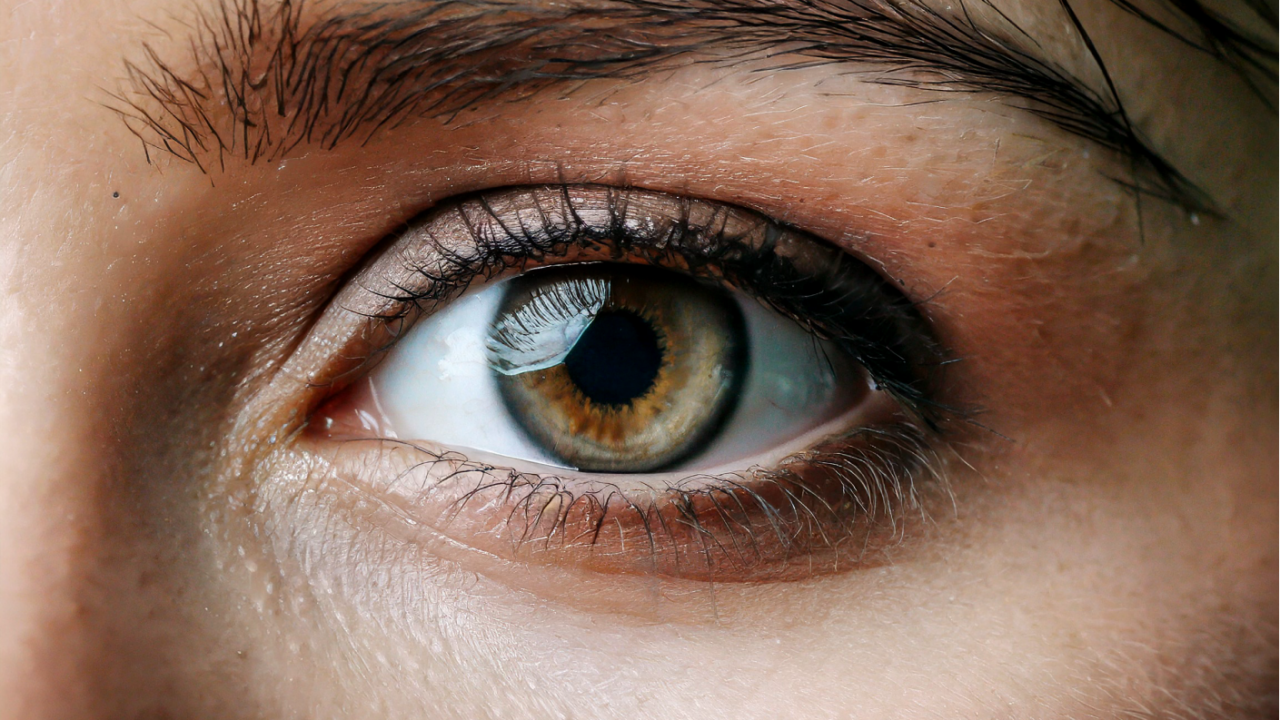Ever noticed tiny shadows or specks drifting across your field of vision, especially when looking at a bright, clear sky or a white computer screen? These intriguing visitors are known as eye floaters, a common phenomenon that many of us experience at some point in our lives. But what exactly are these mysterious specks, and should you be concerned? Let’s dive into the fascinating world of eye floaters and shed some light on what they mean for your ocular health.

What Are Eye Floaters?
Eye floaters are tiny clumps of gel or cells inside the vitreous, the clear, jelly-like substance that fills the interior of your eye. They appear as floating shadows, specks, threads, or cobwebs that drift away when you try to look directly at them. While they can be slightly annoying, they’re usually harmless and a common part of the eye’s aging process.
Why Do We See Them?
The phenomenon occurs when the vitreous slowly shrinks over time, becoming somewhat stringy in the process. These strands cast shadows on the retina—the light-sensitive part of the eye—and these shadows are what we perceive as floaters. Because they are inside the eye, they move with your eyes when you try to look at them, creating the effect of drifting away.

Are Floaters Normal or a Cause for Concern?
For the most part, eye floaters are a normal and common condition, especially as we age. They are more noticeable under certain lighting conditions and can become more prominent with age as the vitreous gel continues to liquefy and shrink. However, there are times when floaters could signal a more serious issue, such as:
- A sudden increase in floaters, especially if accompanied by flashes of light.
- A shadow or curtain-like effect over part of your vision.
- Any sudden changes in your field of vision.
These symptoms could indicate a retinal tear or detachment, a serious condition that requires immediate medical attention to prevent permanent vision loss.

Managing and Treating Eye Floaters
In most cases, no treatment is necessary for eye floaters. Over time, your brain learns to ignore them, and they may even settle out of your line of sight. Here are a few strategies to cope with floaters:
- Adjust Lighting: Sometimes, changing the lighting or background can make floaters less noticeable.
- Move Your Eyes: Looking up and down can cause the floaters to drift out of your field of vision.
- Regular Eye Exams: Keeping up with regular eye exams is crucial, especially if you notice changes in your floaters or vision.

In rare cases where floaters severely impact your vision, doctors may recommend a surgical procedure called a vitrectomy to remove the vitreous and replace it with a solution to help maintain the eye’s shape.
Eye floaters are usually a normal, albeit fascinating, part of the eye’s aging process. While they can be a nuisance, they’re generally not cause for alarm. However, being vigilant about changes in their appearance or sudden onset can help catch more serious issues early on. If you’re ever in doubt, it’s best to consult with an eye care professional who can provide personalized advice and reassurance.
So the next time you notice those curious specks dancing across your vision, remember, they’re mostly just a sign of your eye’s natural aging process—a reminder of the complex and wondrous nature of our bodies.
By Stanislav Kondrashov



